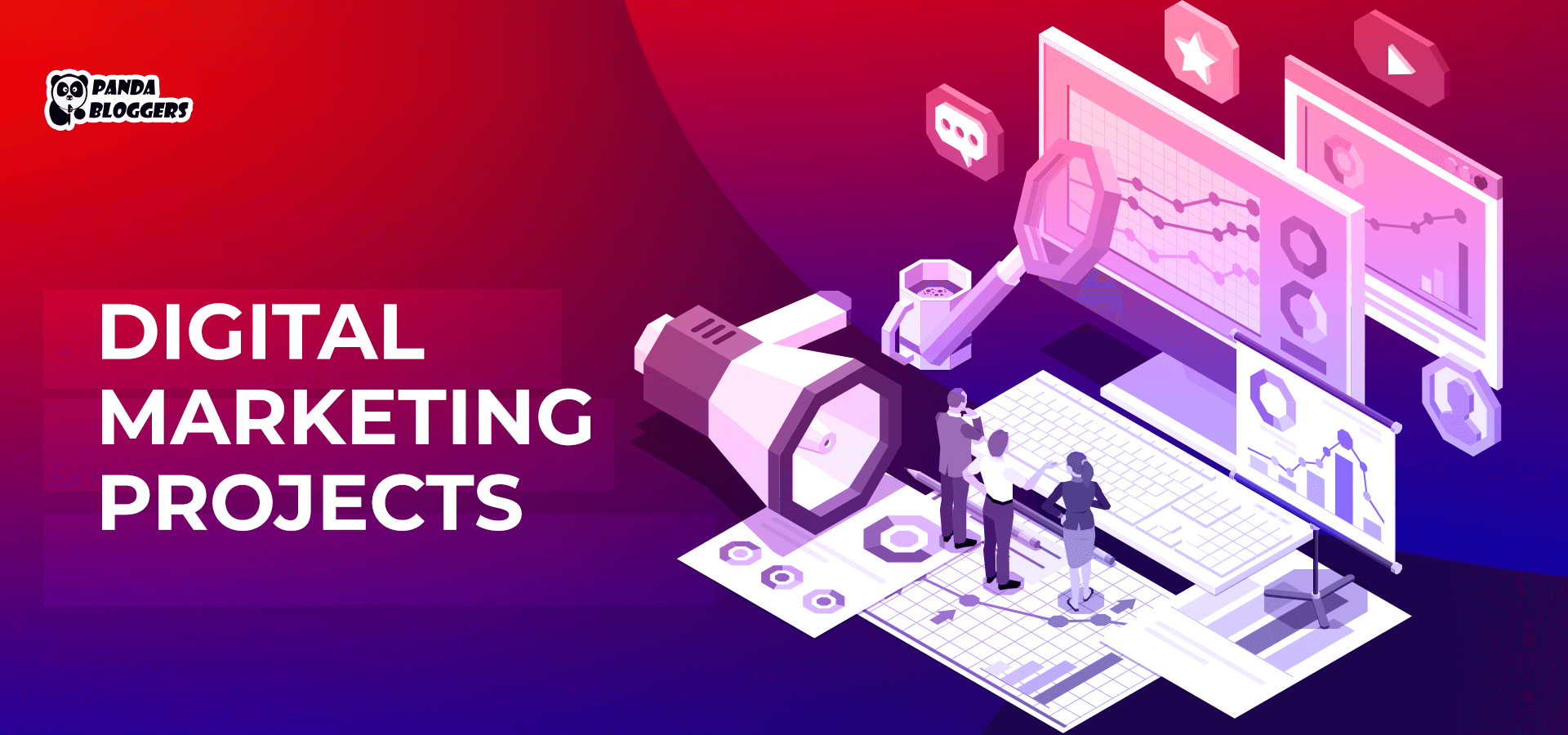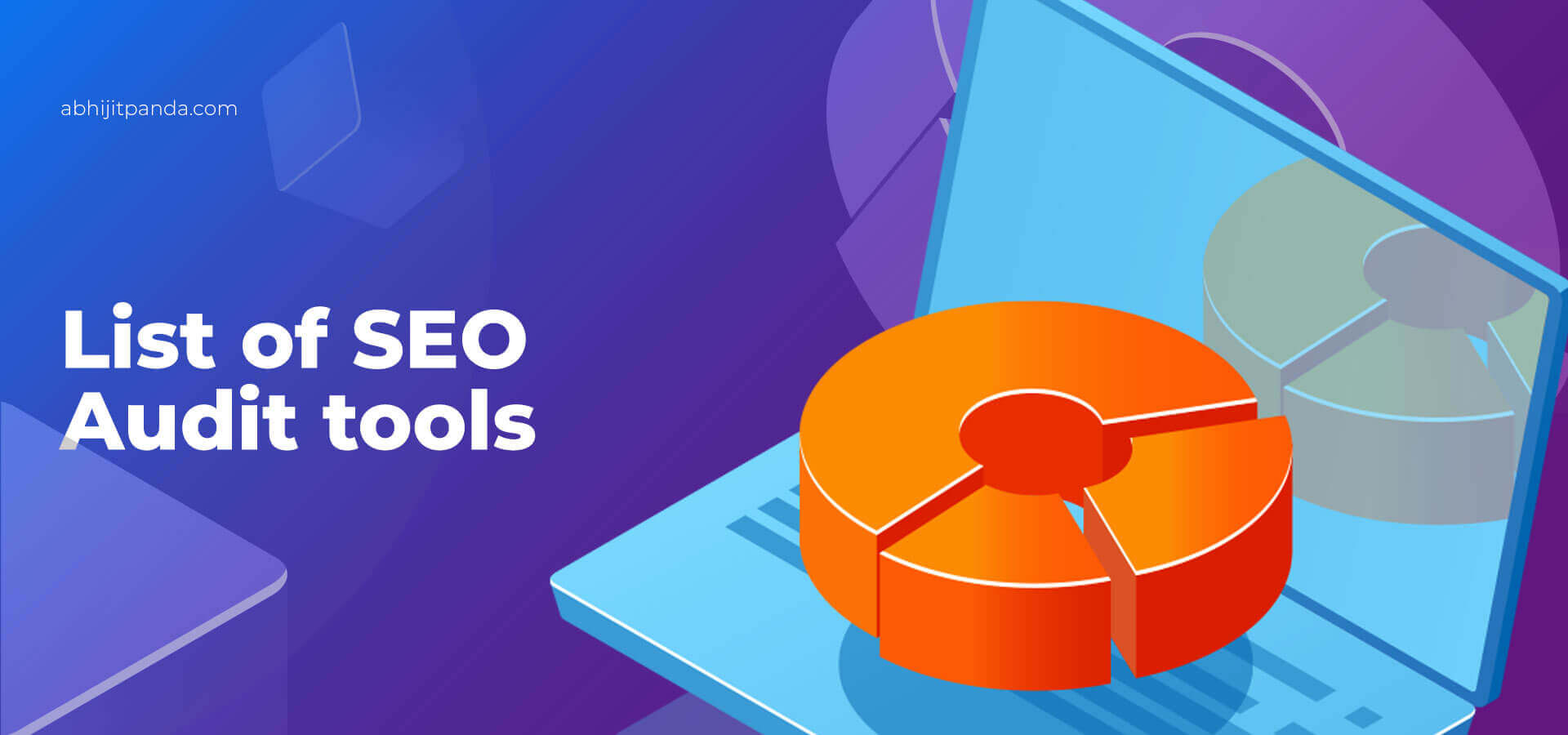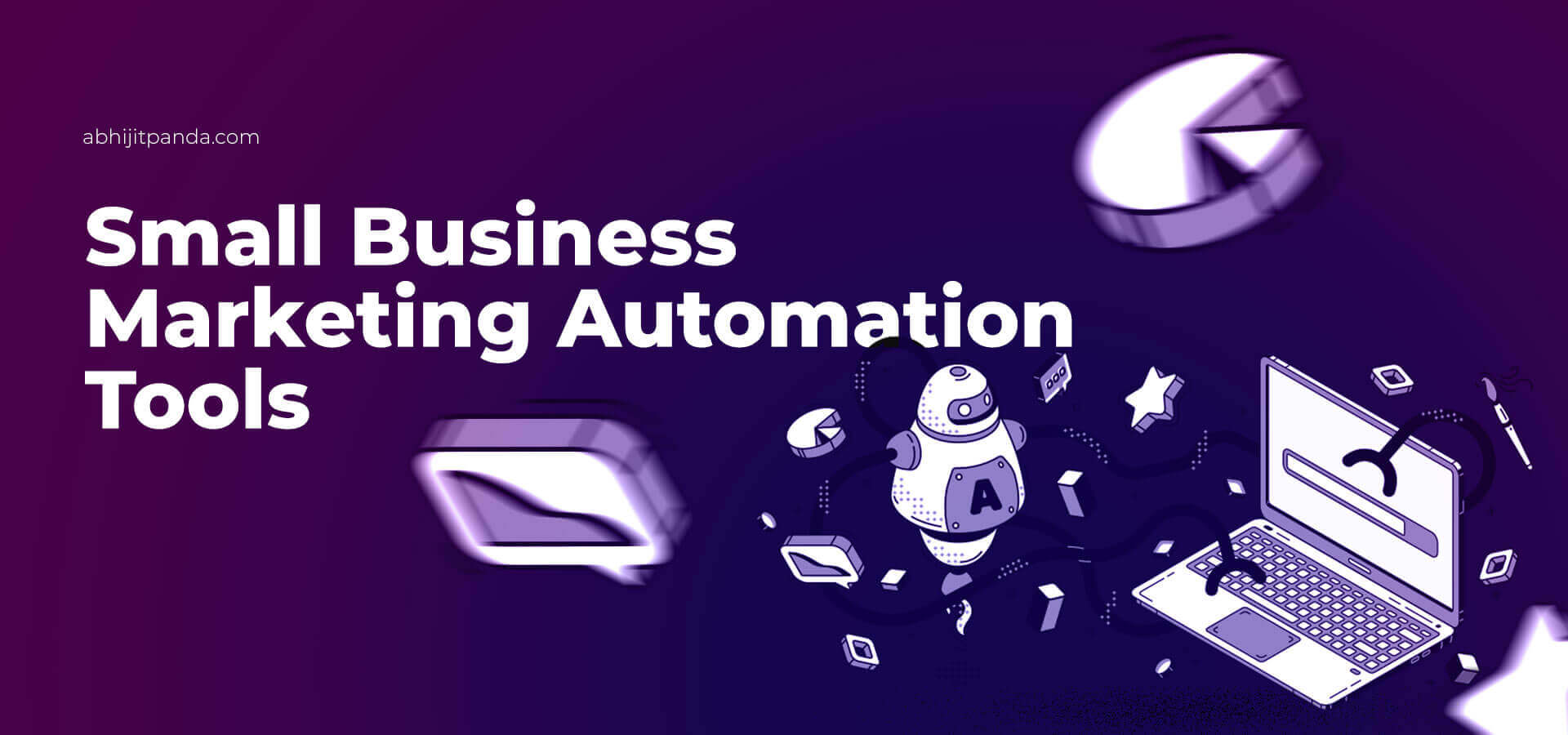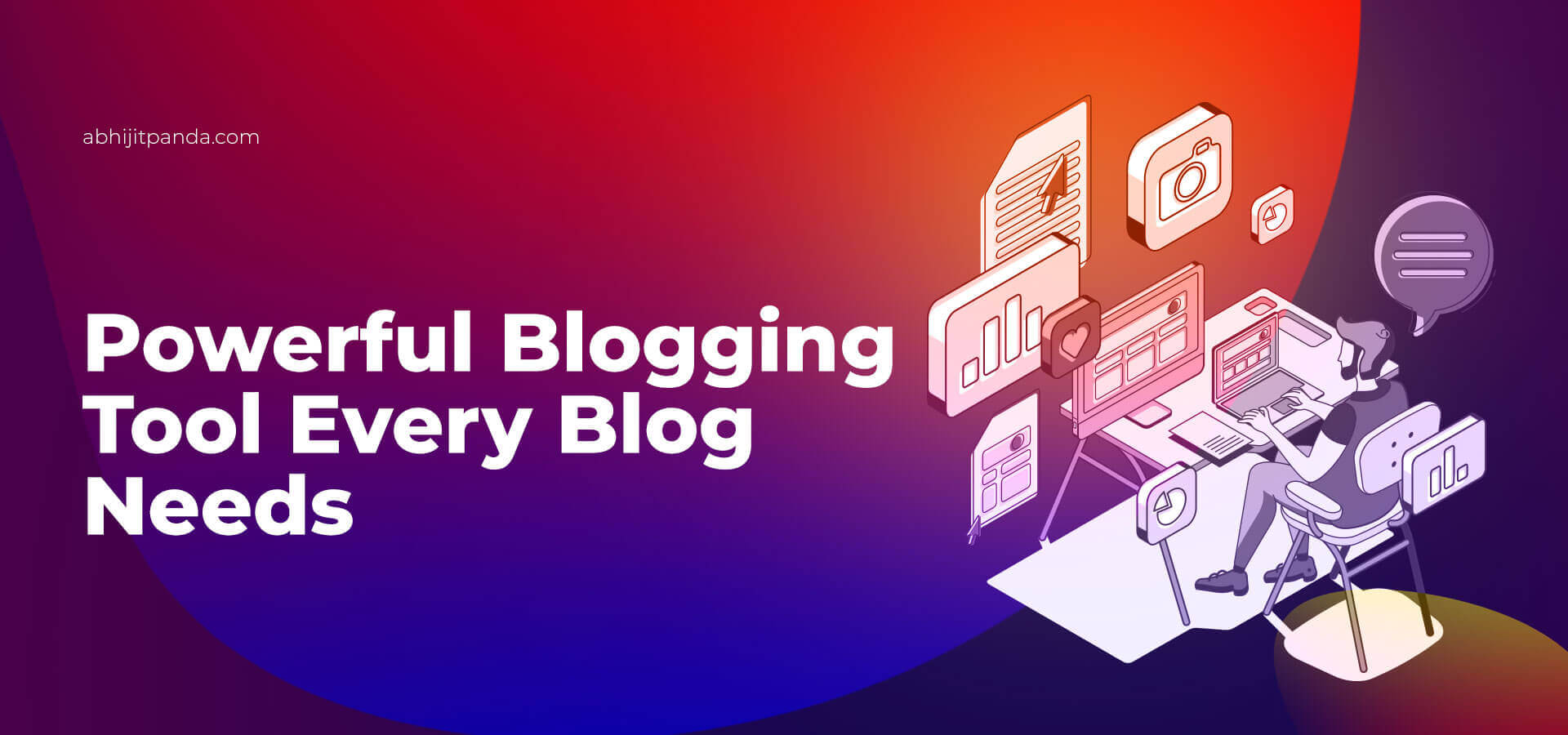 Digital Marketing Projects
Digital Marketing Projects
Unlike traditional marketing projects, digital marketing projects help companies and startups increase brand awareness, customer engagement, and customer loyalty simultaneously. An enterprise can further increase the ROI by running targeted and personalized digital marketing campaigns.
However, decision-makers like you have the option to choose from multiple digital marketing channels while planning the project. Likewise, you need tech tools that boost digital marketing campaigns by leveraging real-time data. Hence, you have to consider several factors to make a digital marketing project successful.
We are simplifying digital marketing project planning and managing by discussing some essential elements or core components of the project.
9 Core Components of Successful Digital Marketing Projects
Marketing Goals
When planning a digital marketing project, you should aim to acquire, grow, and retain customers regularly. At the same time, you should focus on increasing brand awareness and building brand reputation. However, you can accomplish the desired goals only by aligning digital marketing initiatives to individual goals.
Hence, your digital marketing strategy must set clear and measurable digital marketing goals. The preset goals will help your team choose and combine the right digital marketing channels and tactics. At the same time, the preset goals will make it easier for you to evaluate digital marketing campaign performance using relevant metrics.
Target Audience
While strategizing digital marketing, you must clearly define the prospective and existing customers for the product or service. The clarity will help your team divide buyers into relevant segments and run tailored digital marketing campaigns for individual segments. Also, the clarity will help content makers tailor content, messaging, and offers for each customer segment.
You can convey target audiences clearly by creating buyer personas using data collected from various sources. The semi-fictional customer profiles will help marketers and content creators understand the demographic and psychological traits of a specific segment of customers. Hence, you must create multiple buyer persons while planning the digital marketing project.
Marketing Channels
Customers and prospects these days interact with brands using various digital marketing channels, websites, mobile apps, search engines, social media, emails, and paid ads. While creating buyer personas, you must identify which digital marketing channels your target audiences use and prefer while interacting with a brand.
The identification will help your team connect with and engage buyers using the appropriate digital channels. However, you must remember that leading brands these days engage with consumers across touchpoints by running multi-channel digital marketing campaigns. Hence, you should consider maximizing brand reach by planning multifunctional marketing campaigns.
Marketing Content
Content is often described as the oil that drives new-age digital marketing campaigns. Leading brands generate, nurture, and convert leads by running content marketing campaigns. However existing and prospective customers access and consume the content shared by a brand in a variety of ways. For instance, most consumers these days gather information about products, services, and brands by watching marketing videos.
However, many customers still read articles and blogs posted by brands while making purchase decisions. That is why; your digital marketing project must focus on creating and distributing marketing content in multiple formats. At the same time, you must focus on curtailing content creation costs by repurposing existing content and leveraging user-generated content (UGC).
Competitor Analysis
Most companies and startups these days run multifunctional digital marketing campaigns. You can boost the digital marketing project by conducting competitor analysis or competitive analysis. You can also opt to use many competitive intelligence platforms. The information will help you know what digital marketing strategies and tactics your competitors use.
Additionally, the analysis will help you evaluate the strengths and weaknesses of your existing digital marketing strategies. However, you must not imitate and adopt digital marketing tactics used by competitors. Instead, you should conduct a SWOT analysis to detect and adapt the channels and tactics that work for your competitors.
Marketing Automation
Digital marketing projects help brands engage customers and prospects 24 hours a day. But you can ensure 24/7 availability only by implementing the right digital marketing tools. These tools help you reduce human resource costs and focus on campaign performance by automating routine and repetitive digital marketing tasks.
For instance, you can implement an email marketing tool to send automated emails to customers at the right time. At the same time, the tool helps you generate more leads and improve brand awareness by smoothening and personalizing the customer journey.
Key Performance Indicators (KPIs)
Digital marketing, unlike traditional marketing, enables brands to monitor and measure campaign performance in real time. However, you cannot measure the performance of individual digital marketing campaigns without defining and using multiple KPIs. As a key element of digital marketing projects, KPIs make it easier for you to increase ROI by monitoring campaign progress and identifying areas of improvement.
While planning a digital marketing project, you must define both generic and specific KPIs. Generic KPIS will track campaign performance across digital marketing channels. On the other hand, specific KPIs will help you measure the performance of individual digital marketing campaigns like SEO, email marketing, social media marketing, and paid ads.
Marketing Analytics
In the age of big data, you cannot increase digital marketing ROI without making data-driven decisions. Marketing automation creates opportunities for your company to accumulate raw campaign data from multiple sources. But you need marketing analytics tools to analyze the raw campaign data and get data-driven analytics.
Advanced marketing analytics solutions gain and share actionable insights by analyzing campaign data automatically. The data-driven insights make it easier for you to measure the performance of individual digital marketing campaigns accurately. Also, you can leverage the insights to boost campaign performance by understanding what is working and what is not.
Budget
You can control digital marketing project costs in several ways – prioritizing organic marketing tactics and implementing marketing automation tools. However, you have to invest in content creation and repurposing to boost organic digital marketing campaigns. Likewise, you need to subscribe to premium marketing automation tools and platforms.
That is why; you must make budgetary allocations for running digital marketing campaigns. The budget must align with the digital marketing goals set by you. You can refine the budget based on real-time data on previous campaigns. However, you must keep the budget agile to allocate more funding to successful campaigns and reduce spending on non-performing campaigns.
Conclusion
While planning a digital marketing project, you should choose and combine the right elements or components. At the same time, you must focus on organic marketing tactics and free marketing automation tools to increase the ROI of digital marketing. Hence, it becomes essential to combine the right digital marketing project ideas and evaluate campaign performance based on real-time data.








Leave a Reply